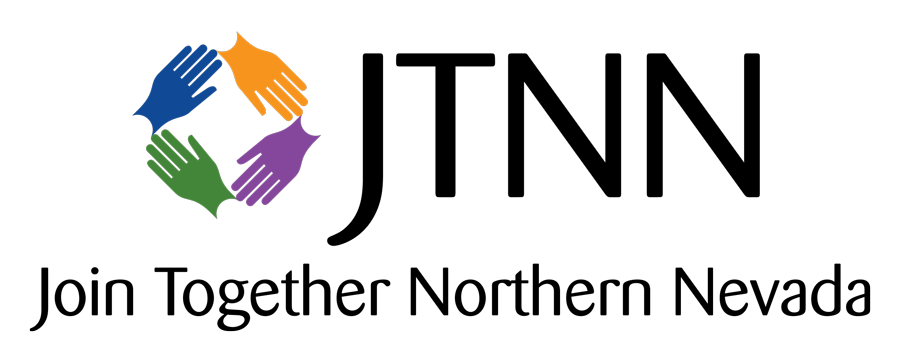How many tries should it take a person with a chemical (i.e. alcohol and/or other drugs) addiction problem to get better? Most people would say, “Once should do it.” That’s because most of us believe that people who are addicted can get out of it anytime they want. But is it true that all it takes is “to really want it?”
While that “choice” argument fits well with our American societal view that personal responsibility is a top value in how we live our lives, that view simply falls short in helping us understand addiction and recovery. In reality, addiction is a chronic disease that doesn’t respond to one time cures. Approaching it as something that someone can just vanquish with one treatment episode or just one support group meeting is like the doctor advising a diabetic to take his or her medication and change their diet for one week and then saying, “After that you’ll be fine!”
On the one hand, quitting alcohol and/or drugs is simple – don’t drink and do drugs. Nothing complicated about that. On the other hand, recovery is full of complex issues such as guilt and remorse for past deeds, medical problems, craving, altered brain chemistry, legal problems, broken family relationships, emotional ups and downs, employment and/or educational problems, loss of hope and confidence, and much more. The “cure” is not a one shot effort but a series of efforts. The challenges in recovery can be daunting and, in fact, most people that try to get sober don’t succeed the first time. There are slips and relapses that often happen along the way. Then when we see a loved one, friend, neighbor, or colleague who stumbles and falls in his or her efforts to get sober, the conclusion often is, “That person must not have been motivated” or “That person just doesn’t want it.”
But because addiction is a chronic disease, the “lack of motivation” argument falls short. So instead of saying, “Once should do it,” we should be saying, “We’ll stay with you until recovery takes hold in your life.” Recovery from addiction is a lifelong process. I know people that have been sober 30 plus years that still attend support groups and make a conscious decision each day not to take a drink or use a drug. Again, the diabetes parallel rings true because it reminds us that the disease is never very far away but that it can be managed through various efforts such as diet, medication, and exercise. The same is true for chemical addiction. It can be managed through abstinence from alcohol and other drugs, counseling, support groups, developing healthy habits, changing social groups, and more.
What I’m describing may sound a little complicated. I’ll admit that recovery can be both complicated and difficult but there are millions of people in our country who have found that path to long term recovery. Some of them are in my own family and I’ve witnessed it first hand. There is a recovery community in the Reno, Sparks, Washoe County area that is strong and viable. Most of them didn’t get sober on the first try. Some of them will relapse again. Many of them will come back to their sobriety at some point in the future. And, of course, some won’t.
But the point is that there is hope. It starts with asking for help and by not taking that first drink or drug. September is Recovery Month and this is a time that we pause and not only celebrate the millions in recovery but we also celebrate that hope that each addicted person can have to climb out of their addiction. It may not happen the first time but it happens every day and is an ongoing miracle.
JTNN is celebrating Recovery this month at the 10th annual Recovery Walkathon on September 22nd from 10 am to 1 pm at the Virginia Lake Pavilion and our 13th Annual Recovery Picnic at Mira Loma Park in Reno from 11 am to 3 pm. Contact us for details if you’re interested in attending and/or helping out.
